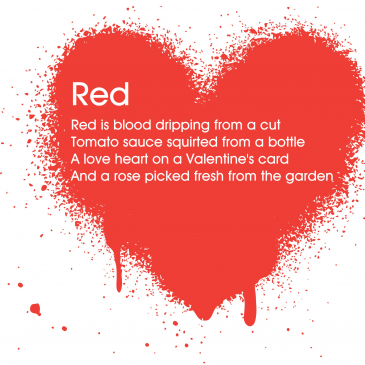Take a Story
Often a major block for student writing is generating an idea. One solution to this problem is to use an existing story and have students change one component. You can alternate between familiar and unfamiliar stories depending on the activity … Continued



